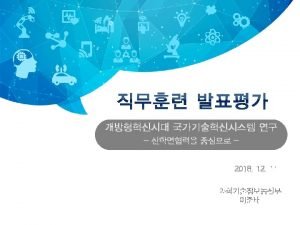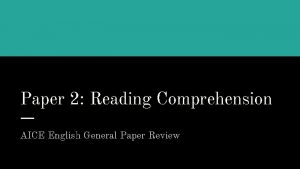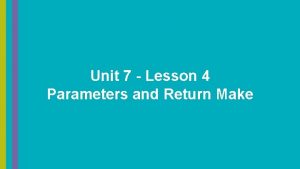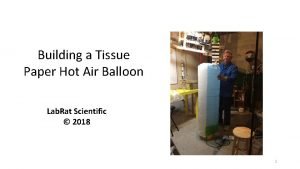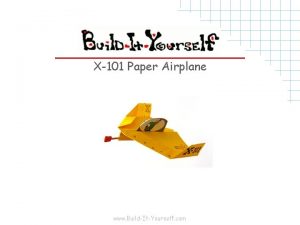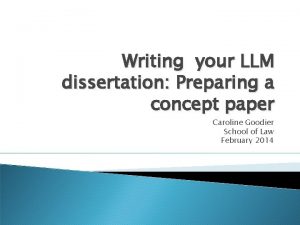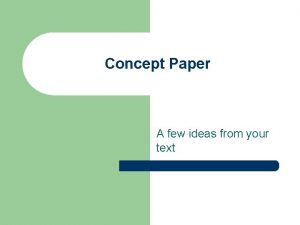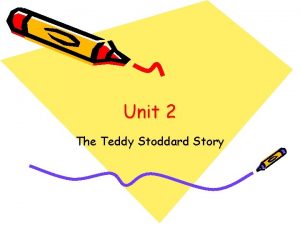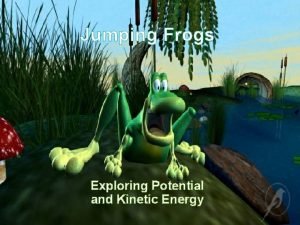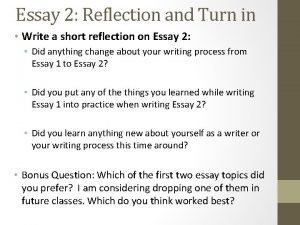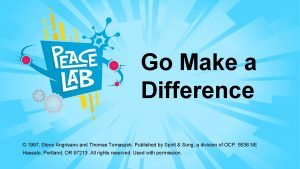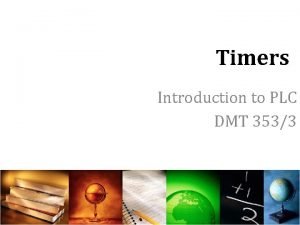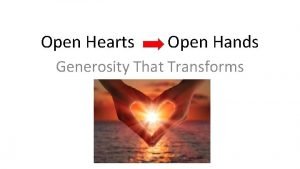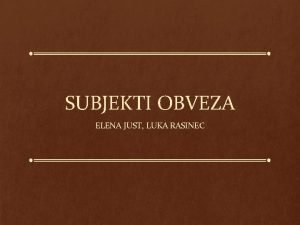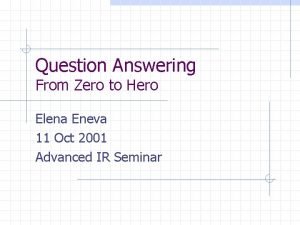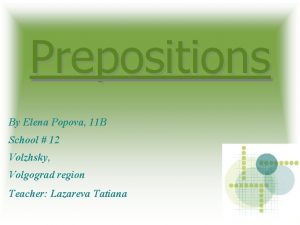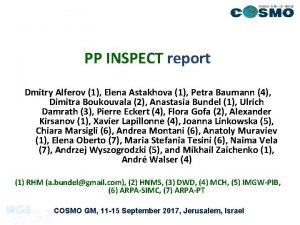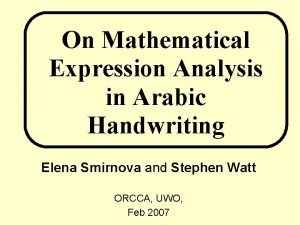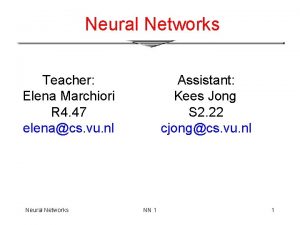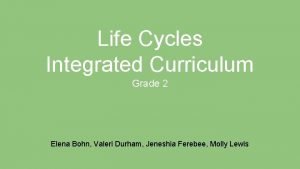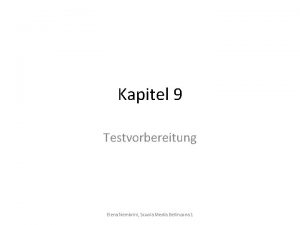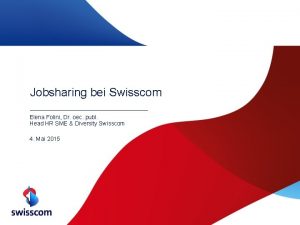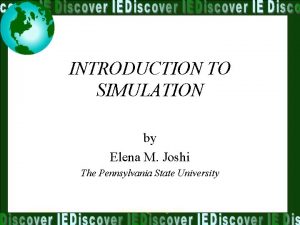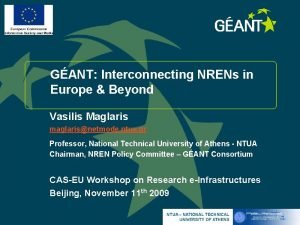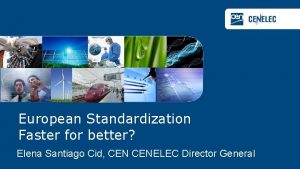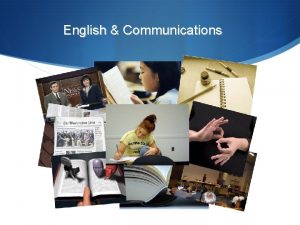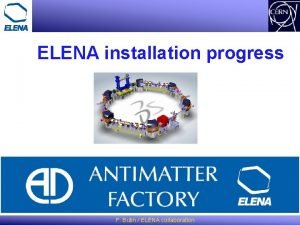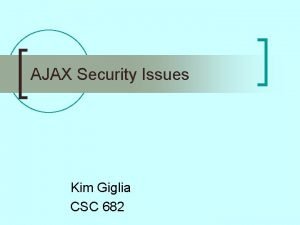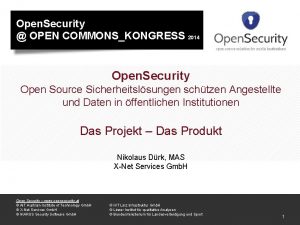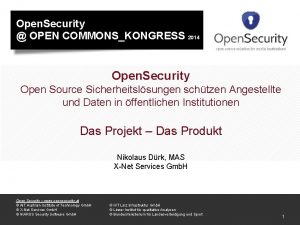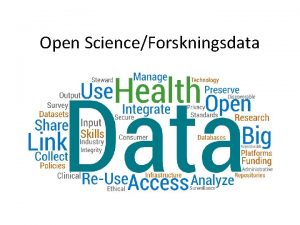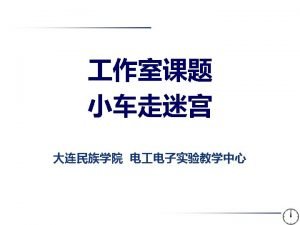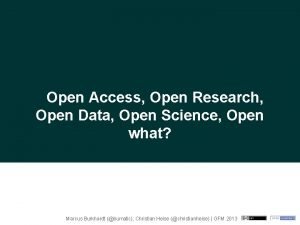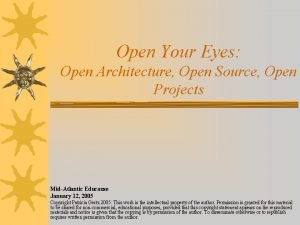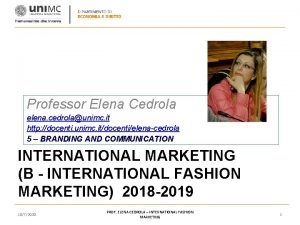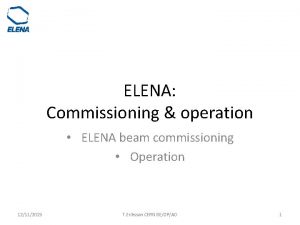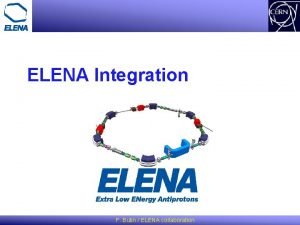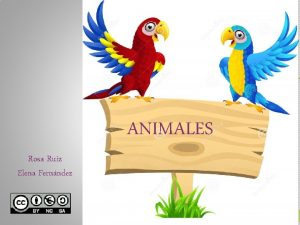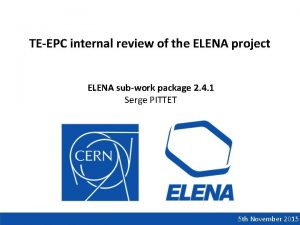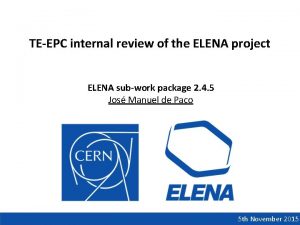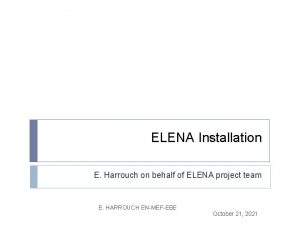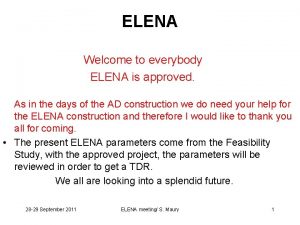How to make my paper open Elena Giglia

































- Slides: 33

How to make my paper open Elena Giglia Ufficio Accesso aperto – editoria This work is licensed under a Creative Commons Attribution-Share. Alike 4. 0 International License. elettronica

Openness

A blurred picture… https: //101 innovations. wordpress. com/ http: //figshare. com/articles/101_Innovations_in_Scholarly_Communication_the_Changing_Research_Workflow/1286826

Offrire ai ricercatori i servizi che chiedono sull'esempio di Academia. edu: “Uni. To connections”: luogo di vetrina e di profilo autore con le sue competenze Alerting, following, gruppi come in Research Gate scambio per dare accesso non tanto alla produzione scientifica che si trova anche via altri canali, ma piuttosto a 1) profili di competenze 2) linee di ricerca Cite alert: mi avvisa quando qualcuno mi cita (Google: anche quando compaio in pagina web) necessario che i sistemi si parlino fra loro, non replicare l’esistente né chiedere di reinserire dati presenti altrove: deve essere a costo zero per il docente già oberato di richieste: interoperabilità e integrazione fra sistemi esitenti Academia. edu o Research Gate : il vantaggio è che oltre a ricerca permettono di seguire autori e creano collegamenti fra ricercatori affini network di relazioni su Research Gate (utile vedere con chi lavori o sei in relazione); utili i contatti: ti chiamano anche da fuori Uni. TO e da fuori ambiente universitario (professionisti) se sono interessati al tuo ambito di ricerca indice di visibilità come quello di Academia. edu (e bisognerebbe riflettere sul fatto che mio lavoro più scaricato è articolo in italiano del 1985) Focus groups di 4 aree – Progetto ARC Regione Piemonte – dicembre 2014

Zen scholarly communication? Scholarly communication is distributed process of knowledge creation that requires a great conversation. Much of scientific work is made up of collaboration rather than competition. Science exhibits the nature of networks, not that of Olympic games. Concern of quality has been replaced by an obsession for competition Imagine writing the history of print from the perspective of the scriptoria… 1) What will it be like? The question can be framed in two ways: The first is the scriptorium way: how to adapt the present to the (yet unknown) future. Open Access debate has followed this path. The second way, more fundamentally, strongly foregrounds the notion of “scientific communication”: WHAT DOES IT NEED TO WORK BEST? - a set of useful, credible, peers; - “crystals” of knowledge 2) Who will control it? SKILLS AND SERVICES NEEDED FOR THE GREAT CONVERSATION SHOULD SERVE ITS OBJECTIVES, NOT THE REVERSE.

Green and Gold

Green road - selfarchiving The author self-archives in an Open Access repository his/her final version of the paper, wherever it was published, according to copyright agreements It’s not the final printed version (publisher’s layout) but the «postprint» , or Author’s accepted manuscript Why selfarchiving in an Open Access repository (istitutional or subject-based)? - It provides a persistent ID (handle), VS a personal page – subject to URL changes - It’s no-profit VS Research Gate and Academia. edu

Looking for a green repository? http: //zenodo. org/

Looking for a green repository?

Green road – self-archiving 70% of international publishers allows some kind of selfarchiving (Elsevier, Wiley, Springer…); list: http: //www. sherpa. ac. uk/romeo/ …possible limitations: - no pdf with the publisher’s layout - embargo period requested ONLY IF you have signed a copyright transfer agreement… if not, the author is the rights holder

E. Giglia, Open Access, ovvero. . . Aviano 23 settembre 2015

Green OA advantage: AUTHORS DON’T HAVE TO CHANGE THEIR HABITS • YOU CAN GO ON PUBLISHING IN THE MOST REPUTATED JOURNALS/SERIES, as requested by research assessment exercises, funders, prestige in your discipline • then you make the content free by self-archiving your final version of the work

Licensing / rights: let’s change your habits! http: //www. sparc. arl. org/resources/authors/addendum http: //creativecommons. org/choose/? lang=en

Rights are two-sided: - Rights IN (do I have the rights to use anyone else’s work? ) - Rigths OUT (what can a reader do with my work? )

Gold road – Open Access journals • you change your publishing venue • you choose one of the over 10. 000 Open Access journals (listed in DOAJ, Directory of Open Access Journals) or an Open Access publisher • 23% of the journals requests an Article Processing Fee, going from 500 to 2900 $ per article (like a stamp…) https: //doaj. org/

Gold road Open Access journals: • are peer reviewed, • some have high Impact Factor, • they have no subscription, • they grant re-use

The «red road» • Gold road is not the «Open Choice» offered by traditional commercial publishers (Elsevier, Springer, Wiley…) • paying a 3000 $ fee, your single article becomes Open Access, but the journal still remains available by subscription • so, you pay twice… • you have to use it only if the funder asks for a shorter embargo period • please avoid, because it’s «double dipping»

Beware of picpockets http: //scholarlyoa. com/publishers/ March, 2015 http: //thinkchecksubmit. org/ citesandinsights. info/civ 14 i 4. pdf

A more radical change of perspective http: //goo. gl/Hx. FYgg https: //pkp. sfu. ca/ojs/ http: //goo. gl/BR 0 p. ON

New directions http: //elifesciences. org/ https: //peerj. com/ https: //www. peerageofscience. org/

New infrastructures http: //dissem. in/

New services


Why not… a new evaluation system which (actually) reflects impact https: //www. timeshighereducation. com/news/journal-impact-factors-no-longer-credible http: //www. altmetric. com/bookmarklet. php https: //impactstory. org/ http: //altmetrics. org/manifesto/

The Italian law Law 112/2013

Horizon 2020: open by default Open Access: shall apply Open Data: may DATA underlying an article, NOT new and unexploited data http: //ec. europa. eu/research/participants/data/ref/h 2020/legal_basis/rules_participation/h 2020 -rules-participation_en. pdf

http: //goo. gl/Lr 1 MXM



There is something on sight… http: //goo. gl/3 VQE 6 W http: //www. leru. org/index. php/public/extra/signthe. LERUstatement/

Optimizing Open Access policies Harnad, S. Optimizing Open Access policies, sett. 2015

Openness In science, OPENESS IS ESSENTIAL. Open science doesn’t mean ignoring economic reality. Of course we need business models to be sustainable. But that doesn’t mean we have to carry on doing things the way they have always been done. So, wherever you sit in the value chain, wheter you’re a researcher or an investor or a policy maker, my message is clear: let’s invest in collaborative tools that let us progress… Let’s tear down the walls that keep learning sealed off. And let’s make science open. N. Kroes, Let’s make science open, 2012

…now it’s up to you! Thanks elena. giglia@unito. it
 Open innovation open science open to the world
Open innovation open science open to the world Paper 2 aice general paper
Paper 2 aice general paper Hand approach general paper
Hand approach general paper Lesson 4 parameters and return make rock paper scissors
Lesson 4 parameters and return make rock paper scissors Hot air balloon tissue paper
Hot air balloon tissue paper How to make a paper airplane turn 90 degrees
How to make a paper airplane turn 90 degrees Dissertation
Dissertation Informal definition in concept paper
Informal definition in concept paper Concept paper examples
Concept paper examples Name tent instructions
Name tent instructions Teddy stoddard story
Teddy stoddard story Jumping frogs worksheet answer key
Jumping frogs worksheet answer key Reflection paper
Reflection paper Make the lie big, make it simple
Make the lie big, make it simple Go make a difference
Go make a difference Make the lie big, make it simple
Make the lie big, make it simple Off delay timer symbol
Off delay timer symbol Open hearts open hands
Open hearts open hands Elena hollander
Elena hollander Elena just
Elena just Elena from zero to hero
Elena from zero to hero Elena popova school
Elena popova school Montani home inspection
Montani home inspection Elena in arabic
Elena in arabic Elena marchiori
Elena marchiori Elena bohn
Elena bohn Elena nembrini
Elena nembrini Elena folini
Elena folini Elena joshi
Elena joshi International marketing planning process
International marketing planning process Maglaris automotive services
Maglaris automotive services Elena santiago cid
Elena santiago cid Dr cristina gesmundo
Dr cristina gesmundo Elena flerova
Elena flerova
